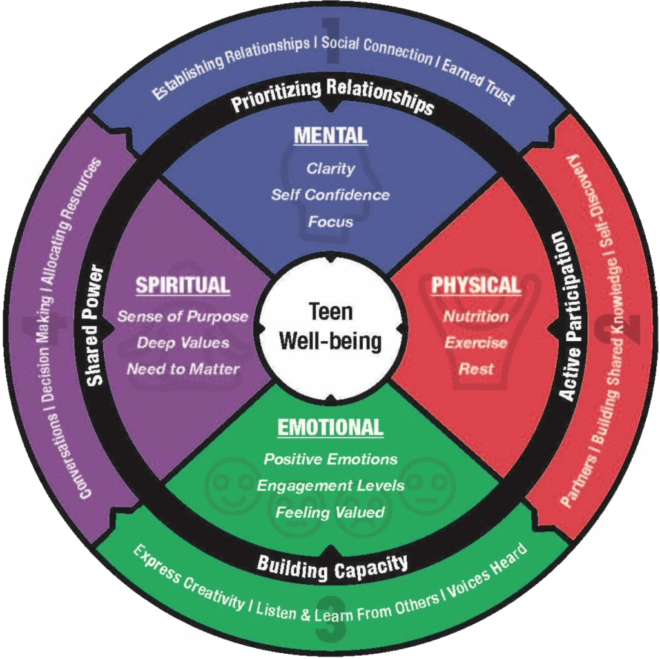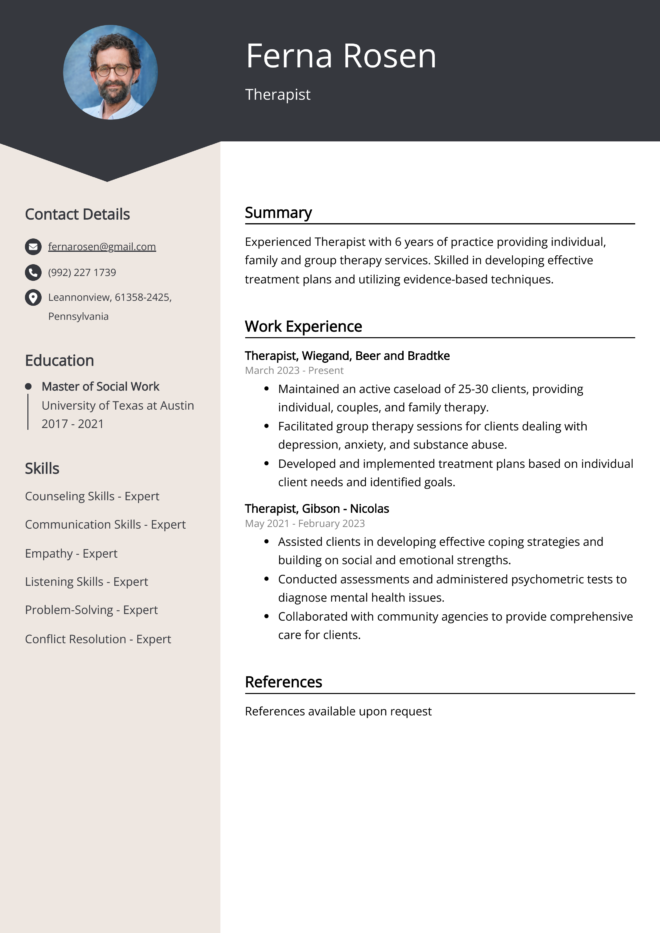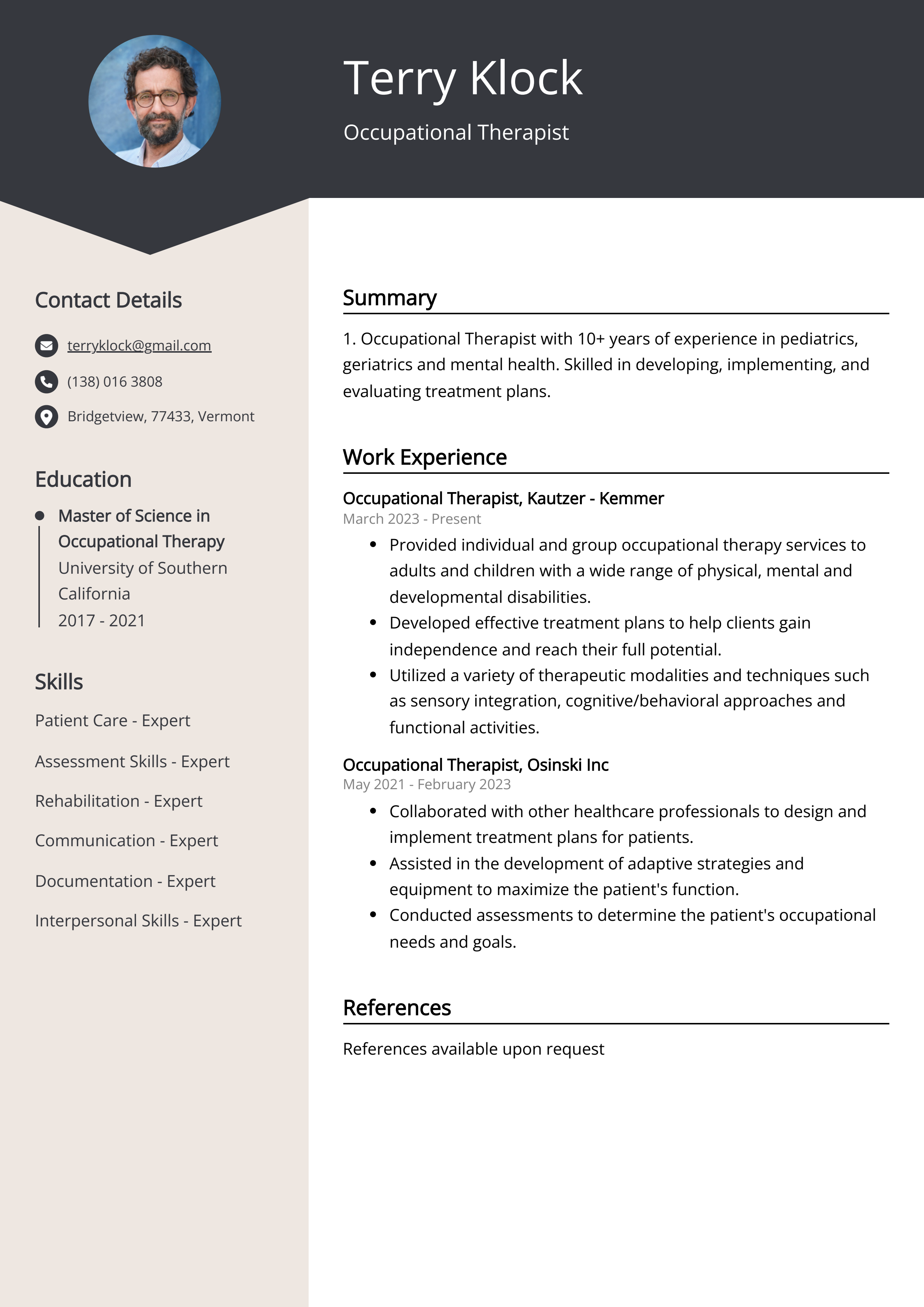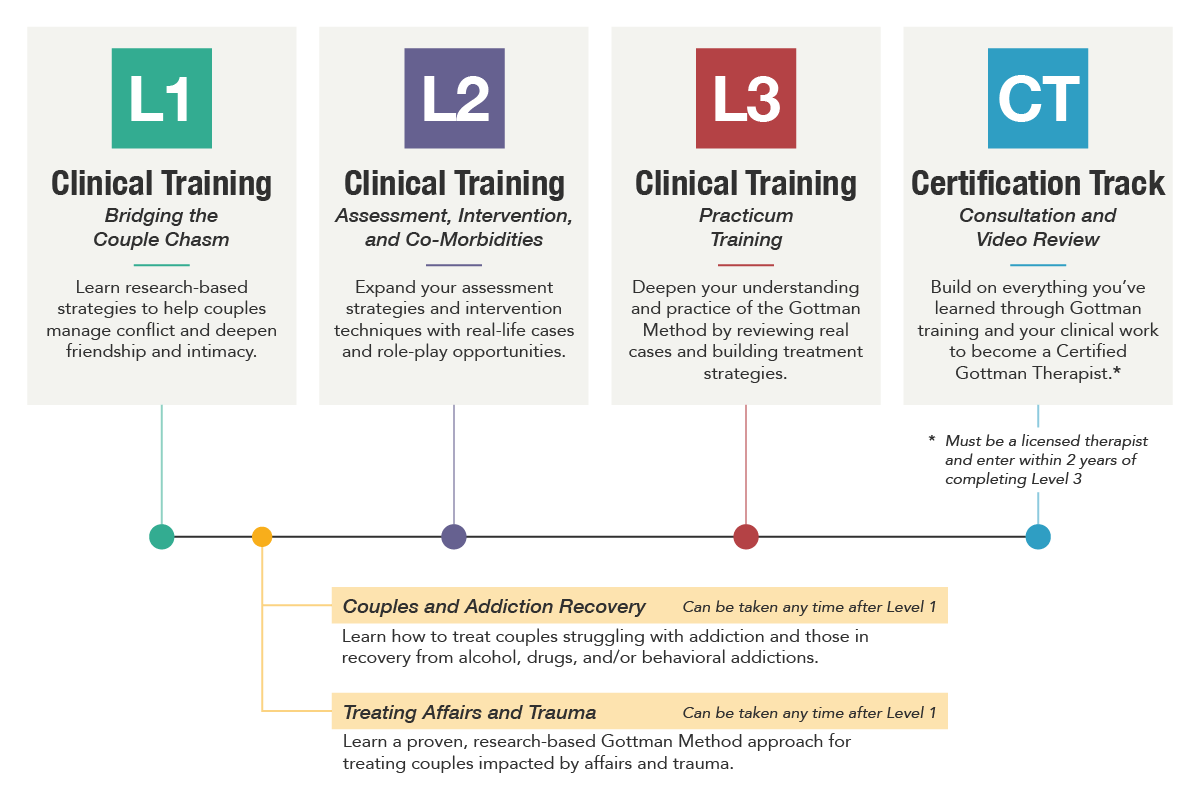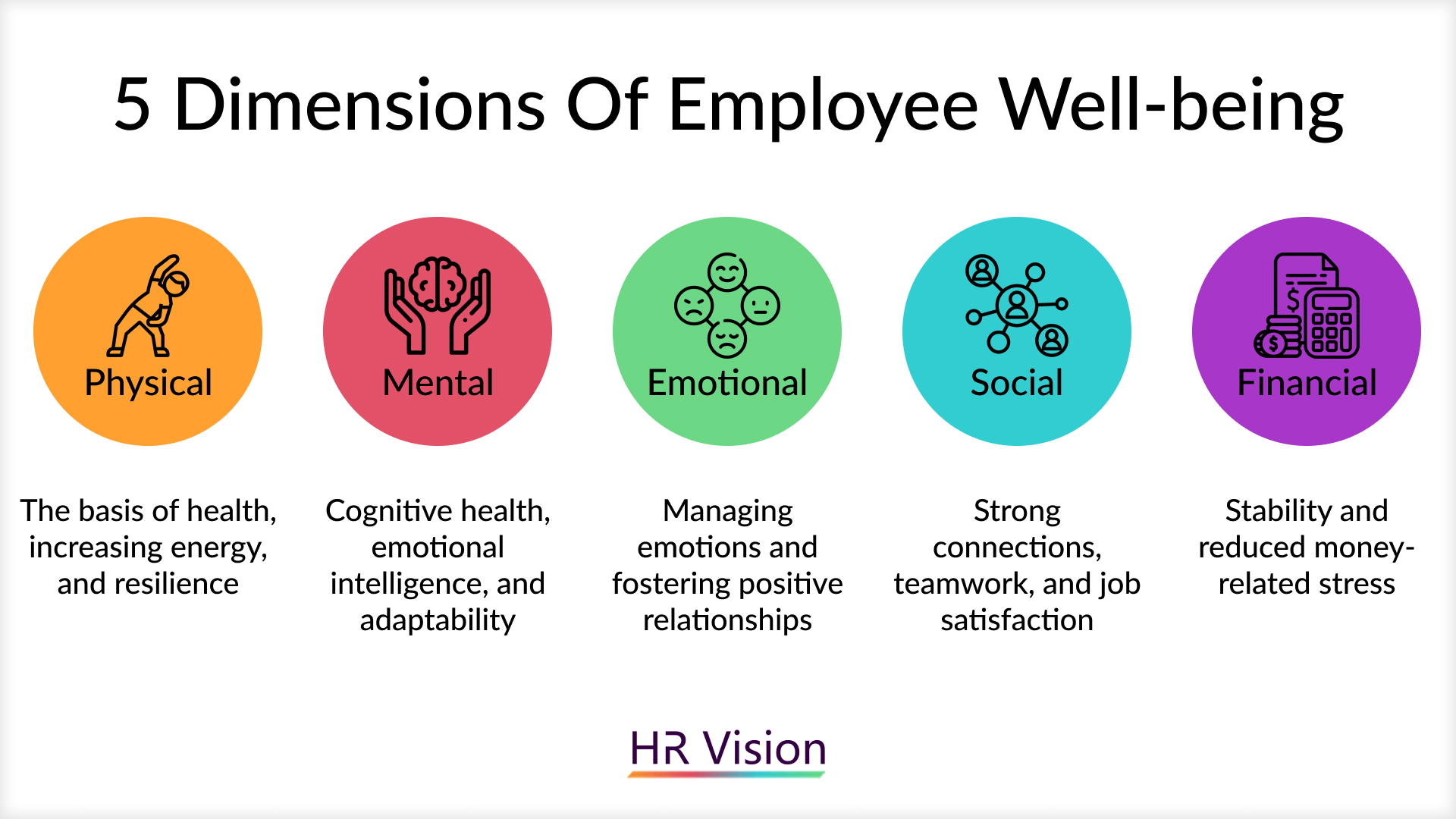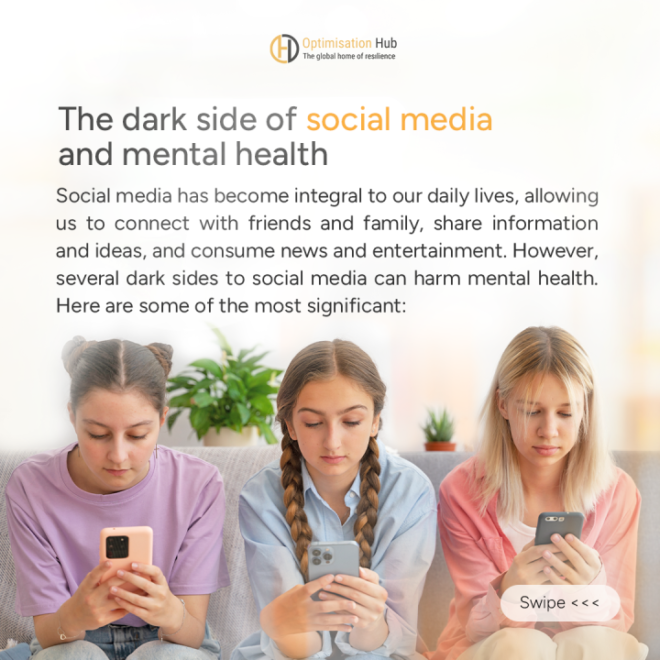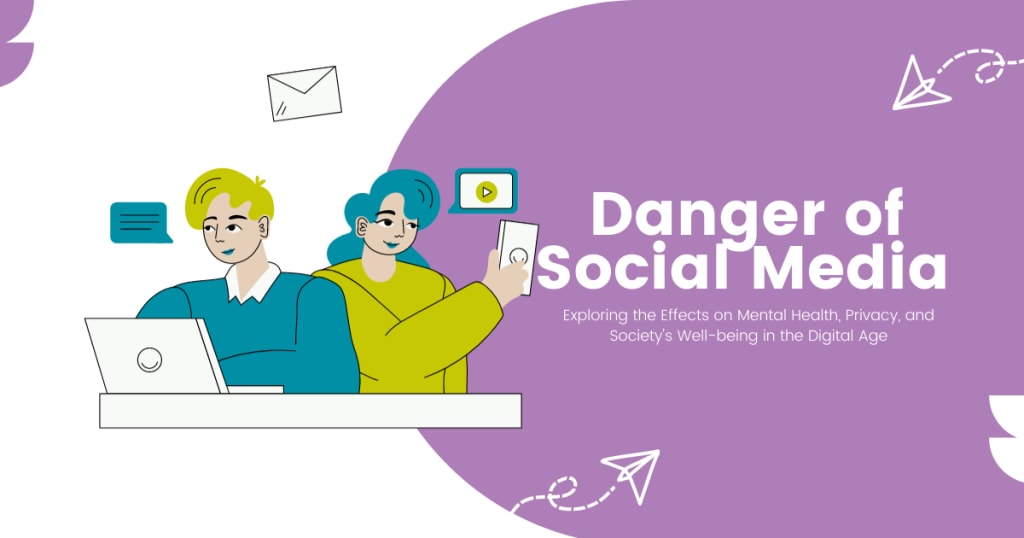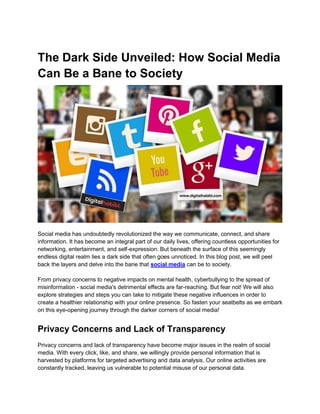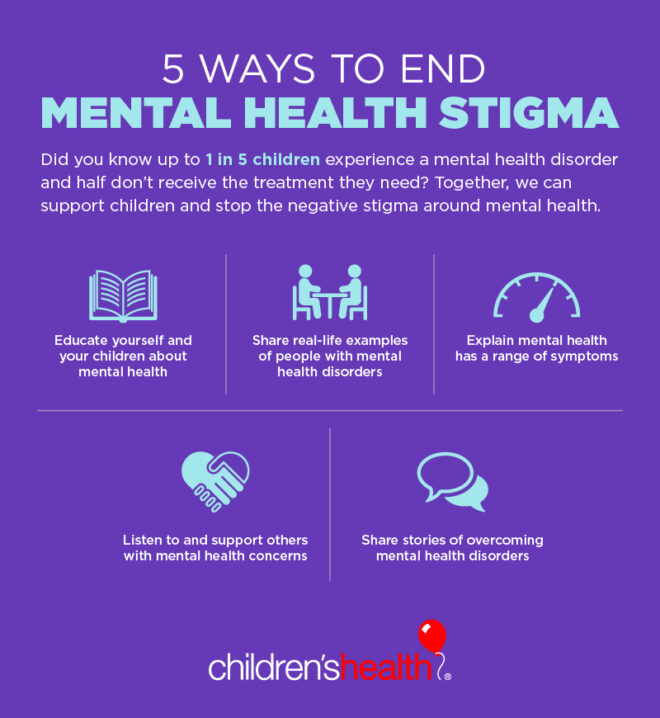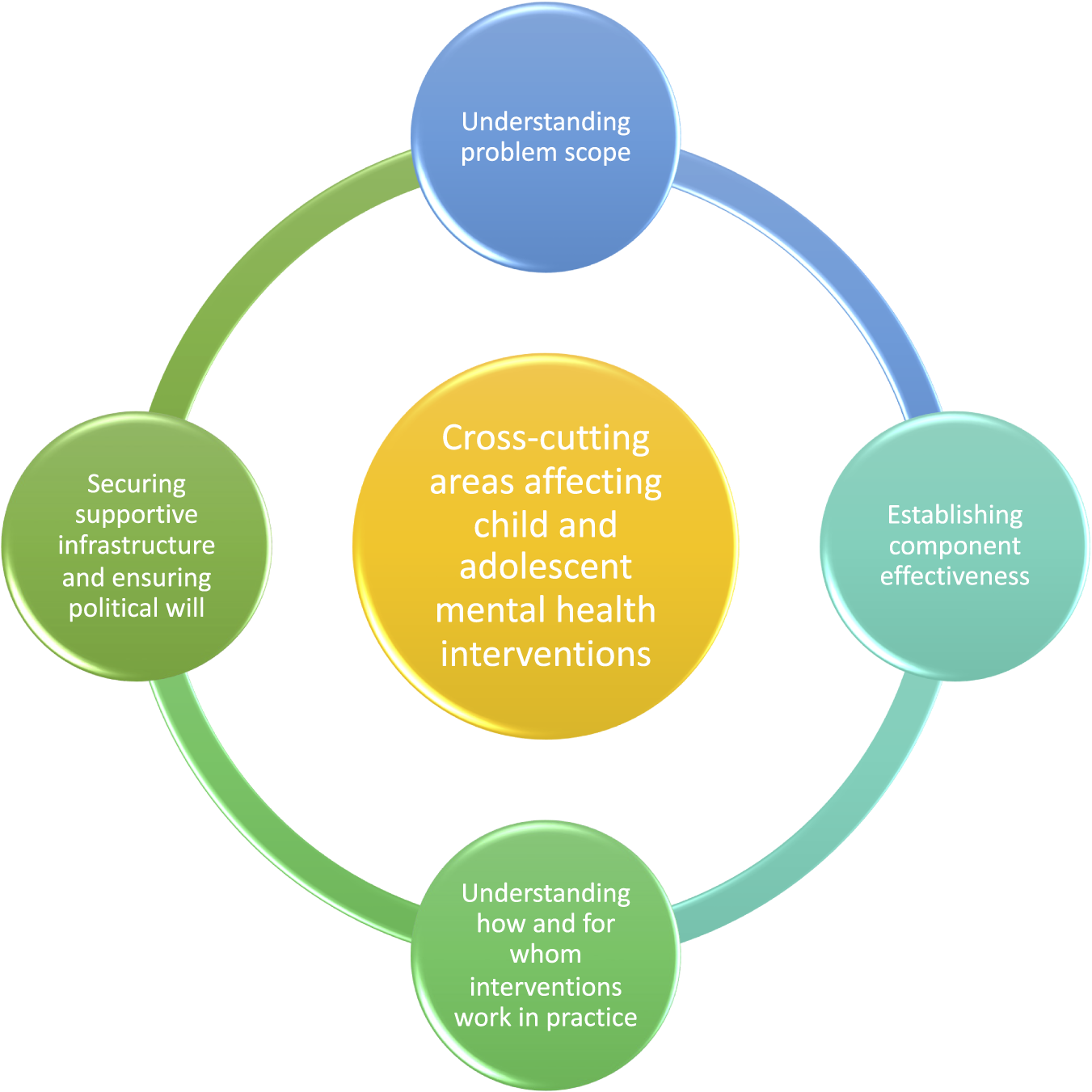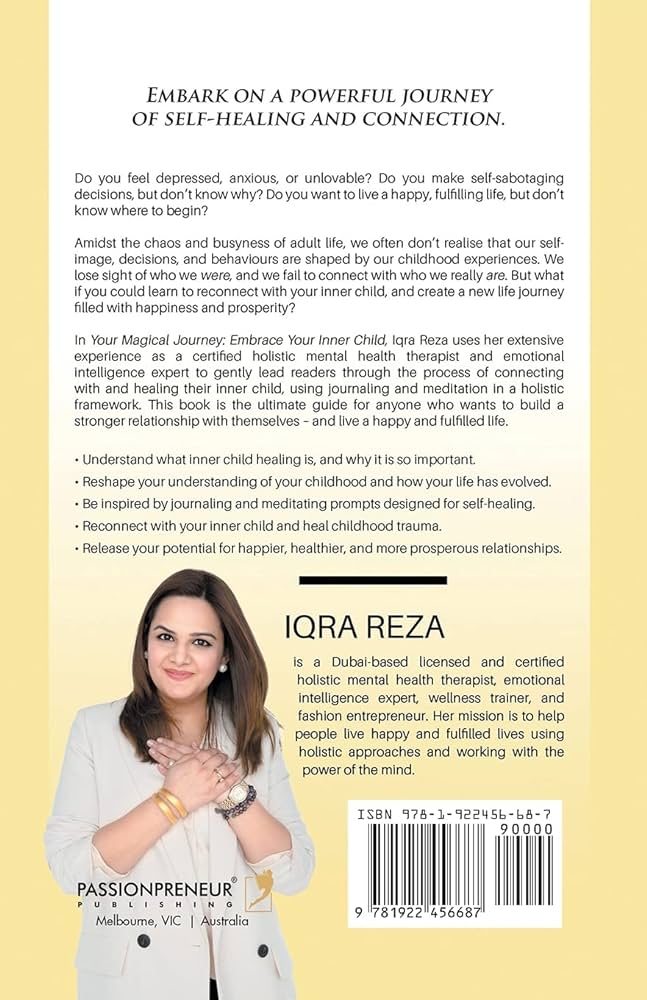What is Behavioral Health? Discover the Power of Emotional Well-being
Behavioral Health refers to the connection between behaviors and well-being, focusing on mental and emotional health. It addresses mental illnesses, substance abuse, and stress management.
Behavioral health care involves therapy, counseling, and medication to promote emotional wellness and healthy behaviors. By understanding the impact of behaviors on one’s mental health, individuals can cultivate resilience and cope with life challenges effectively. It is essential to emphasize prevention and early intervention to support overall well-being.
Prioritizing Behavioral Health leads to improved quality of life and enhanced psychological functioning. Mental health plays a crucial role in everyday life and deserves equal attention as physical health for a holistic approach to well-being.

Credit: mind.help
The Basics Of Behavioral Health
Behavioral health refers to the connection between our behaviors and our overall well-being. It focuses on mental health and emotional wellness.
Factors Influencing Behavioral Health
Behavioral health refers to the connection between an individual’s behaviors and their overall well-being. It encompasses various factors that influence a person’s mental health and how they interact with others and their environment. These factors can be categorized into social and environmental factors and genetic and biological influences.
Social and environmental factors refer to the external elements that impact an individual’s behavioral health. These may include a person’s relationships, social support system, community, and cultural background. Additionally, the physical environment, such as living conditions and access to healthcare, plays a crucial role in behavioral health.
Genetic and biological influences constitute an individual’s genetic predispositions and biological makeup. These factors contribute to an individual’s susceptibility to certain mental health disorders and their response to treatment. Understanding these influences is essential in providing personalized care and developing effective treatment plans.
Common Behavioral Health Disorders
Behavioral health disorders cover a wide range of conditions that affect a person’s emotions, thoughts, and behaviors. These disorders can often lead to significant distress and impairment in daily functioning. Anxiety disorders are one of the most common types of behavioral health disorders, characterized by excessive fear and worry. People with anxiety disorders may experience panic attacks, social anxiety, or specific phobias.
Mood disorders are another common type of behavioral health disorder, involving significant changes in mood. Conditions such as depression, bipolar disorder, and seasonal affective disorder fall under this category. People with mood disorders may experience persistent sadness, loss of interest, or mood swings.
Substance abuse disorders refer to the problematic use of substances such as alcohol, drugs, or medications. These disorders can lead to dependence, addiction, and severe health consequences. Individuals with substance abuse disorders may struggle with cravings, withdrawal symptoms, and difficulty controlling their substance use.

Credit: www.nytimes.com
Impact Of Behavioral Health On Daily Life
Behavioral health refers to the impact of one’s actions and choices on their overall well-being and daily functioning. It encompasses mental and emotional wellness, affecting how individuals interact with others, cope with stress, and make decisions. Understanding behavioral health is crucial in addressing the complexities of daily life and promoting holistic health.
| Impact of Behavioral Health on Daily Life: |
| Behavioral health is crucial for maintaining relationships and social interactions. |
| It influences how well we connect with others and form meaningful bonds. |
| Additionally, behavioral health also plays a significant role in our work and productivity. |
| It affects our ability to focus, make decisions, and perform tasks efficiently. |
Approaches To Improving Behavioral Health
Behavioral health encompasses mental well-being and emotional stability. It focuses on addressing psychological issues and promoting behavioral changes. Therapeutic interventions involve counseling sessions that help individuals cope with stress and trauma. Lifestyle changes and self-care practices play a crucial role in improving mental health. Healthy habits like exercise and meditation can positively impact emotional well-being. Nurturing relationships and seeking support from loved ones are essential for mental wellness.
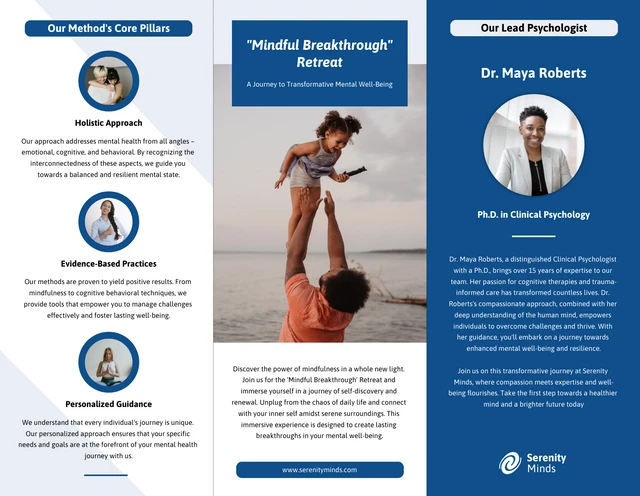
Credit: venngage.com
Seeking Help And Support
Behavioral health encompasses a person’s emotions, thoughts, and behaviors, and plays a crucial role in their overall well-being. When individuals experience challenges with their mental health, it is important for them to seek help and support. Recognizing the signs of mental health issues is the first step towards addressing them. Common signs include changes in sleep patterns, loss of interest in activities, sudden mood swings, excessive worry, and feelings of sadness or helplessness. Accessing mental health resources is essential in managing these challenges. These resources can include therapy, counseling, support groups, and medication. It is important to understand that seeking help does not indicate weakness, but rather a proactive approach to one’s mental and emotional well-being. By reaching out for assistance, individuals can take control of their mental health and work towards a happier and healthier life.
Stigma Surrounding Behavioral Health
Behavioral health refers to the connection between our behaviors and mental well-being.
By challenging misconceptions, we can break down the stigma surrounding behavioral health.
Promoting understanding and acceptance are key strategies in changing perceptions.
The Future Of Behavioral Health
Behavioral health refers to the branch of healthcare that focuses on the connection between our behaviors and our overall well-being. It encompasses a wide range of conditions and disorders, including mental health issues, substance abuse, and addiction.
The future of behavioral health looks promising, with advancements in both treatment and support. New therapies and approaches are being developed to address the complexities of these conditions and improve outcomes for patients. The integration of technology, such as telemedicine and virtual reality, offers convenient and accessible ways to deliver care and support.
| Advancements in Treatment and Support: | New therapies and approaches are being developed to address the complexities of behavioral health conditions. |
| Shifting Attitudes and Policies: | There is a growing recognition of the importance of mental health and substance abuse treatment, leading to more supportive policies and increased access to care. |
Overall, the future of behavioral health is focused on improving the lives of individuals by providing effective treatment options, expanding access to care, and promoting a more compassionate and understanding society.
Frequently Asked Questions Of What Is Behavioral Health?
What Is Defined As Behavioral Health?
Behavioral health encompasses mental and emotional well-being and how people behave in various situations. It includes mental health conditions, substance use disorders, and other related issues. Treatment often involves therapy, counseling, and medication to support individuals in managing their symptoms and improving their quality of life.
What Are The 7 Types Of Mental Disorders?
The 7 types of mental disorders include depression, anxiety, schizophrenia, bipolar disorder, OCD, PTSD, and ADHD.
What Is The Study Of Behavior Health?
Behavioral health is the study of human behavior, emotions, and mental health. It focuses on understanding and treating psychological conditions and promoting overall well-being. It explores the ways in which our thoughts, feelings, and actions influence mental health and seeks to provide support and interventions for individuals experiencing mental health challenges.
Why Is Behavioral Health Important In Healthcare?
Behavioral health is important in healthcare because it addresses mental and emotional well-being, which impacts overall health. It helps prevent and treat issues like anxiety, depression, and substance abuse. Treating behavioral health conditions leads to better outcomes and a higher quality of life for patients.
Conclusion
In understanding behavioral health, we delve into mental well-being and emotional stability. Seeking help is crucial for holistic health. By addressing behavioral health needs, individuals can lead fulfilling lives. Prioritizing mental wellness is key to overall health and happiness. Embracing support and resources is a vital step forward.
